French High Court approves transfer of Rwandan genocide suspect Felicien Kabuga
By Abiodun Ogundairo
02 October 2020 |
8:37 am
A French court rules that the Rwandan man accused of having bankrolled the country's genocide can be transferred to a UN tribunal to stand trial. Félicien Kabuga was arrested near Paris earlier this year after 25 years on the run. Also, Cameroon is accused of becoming increasingly repressive as hundreds of opposition protesters remain in jail following their arrest at anti-government demonstrations last week. And several people appear in court in Paris after trying to take African artwork from a museum in the French capital.
In this article
Related
4 days ago
Related
4 days ago
Doctors in Kenya have been on strike for five weeks, demanding better wages and working conditions. President William Ruto says his government is out of money to pay the medics. Meanwhile, patients remain without care.
4 days ago
How can a conflict that is taking place right now, and that’s regarded as the biggest humanitarian crisis in the world, become known as the forgotten war? Aid agencies say that after exactly a year of civil war in Sudan, driven by a fight for power between two military factions, the world has turned away.
4 days ago
Tunde Onakoya, a chess mastermind and founder of Chess in Slums Africa, has just wrapped up a truly inspiring challenge! He attempted to break the Guinness World Record for the longest chess marathon without a loss, aiming to surpass the existing mark of 56 hours and 9 minutes. As at 04:30 am Saturday 20th morning,…
1 day ago
A high court judge has dismissed the case brought by South Africa's ruling ANC party accusing the MK party of copyright infringement. Flooding hits many parts of Kenya, sweeping away vehicles, submerging key highways and sending some communities scrambling to find higher ground. And staying in Kenya, a nation known for its marathon and long distance running gold medals is now hoping to shine in sprint.
1 day ago
Turkey's president Recep Tayyp Erdogan was in Iraq this Monday - his first official visit in years, where he signed a raft of deals to try and reset rocky relations. High on the agenda was the water issue, stemming from Turkey's construction of dams on the Tigris and Euphrates rivers that reduced the supply downstream to Iraq.
8 hours ago
A school in the Nigerian administrative capital city of Abuja offers teaching to students at a 100 Naira ($0.86) per day. It enables poor parents and daily income earners to send their children to get secondary school education.
Latest
1 hour ago
Israel's economy suffered a major contraction in the final quarter of 2023, following the terrorist attacks. Its economy shrank by 5.2% compared with the previous quarter. Much was related to the labor force disruption which resulted when around 300,000 reservists were called up to the country's armed forces.
1 hour ago
The German government revised its economic growth forecast for 2024 marginally from 0.2% to 0.3%, Economy Minister Robert Habeck confirmed on Wednesday afternoon.
4 hours ago
The central Mexican city of Celaya has become the scene of a brutal turf war between rival drug cartels. These criminal groups have taken advantage of its strategic position at the crossroads for transporting drugs into the United States. Kidnappings, shootouts with police and drive-by killings now occur on an almost daily basis in broad daylight. Nearly 500 people were killed in Celaya last year. The city's police officers (pictured) risk their lives every day and are forced to travel in armoured vehicles. Our France 2 colleagues report, with FRANCE 24's Lauren Bain.
4 hours ago
We look at the US papers, who react to Ukraine being granted a $61 billion aid package. Also, five migrants die attempting to cross the Channel, just hours after the controversial Rwanda asylum bill is passed by the UK parliament.
5 hours ago
With the rate of insurgency in Borno State, many lives and families have been severely affected, with thousands being displaced and forced to live in internally displaced camps (IDP). A mother, who has lost neighbors, family, friends, and loved ones still in captivity, shares her heartbreaking experience of living in constant fear. She calls on the government to provide more basic amenities to help her and others in the IDP camp in Chabbol village, Borno state.
×

Get the latest news delivered straight to your inbox every day of the week. Stay informed with the Guardian’s leading coverage of Nigerian and world news, business, technology and sports.


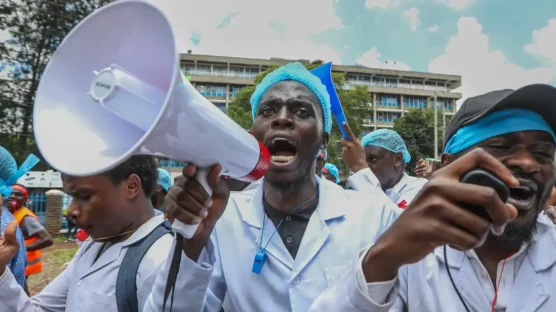


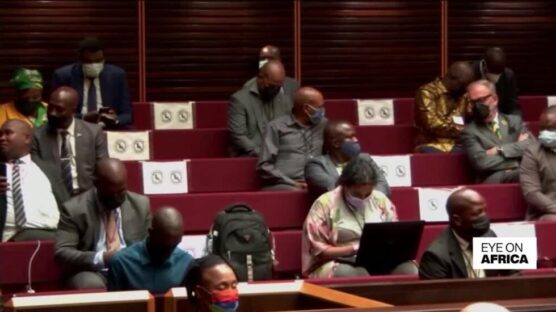

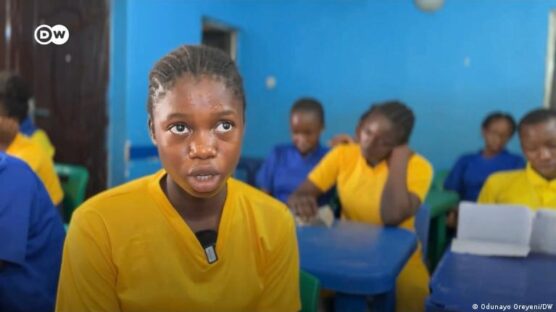




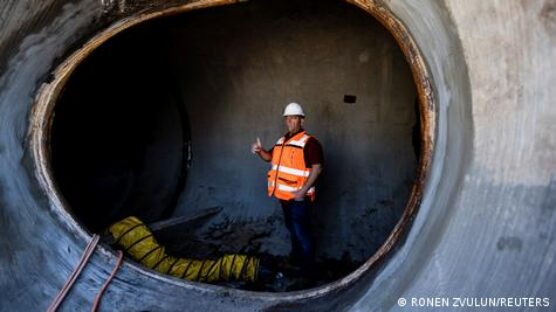

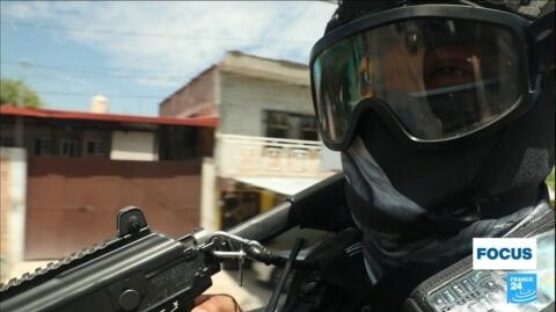

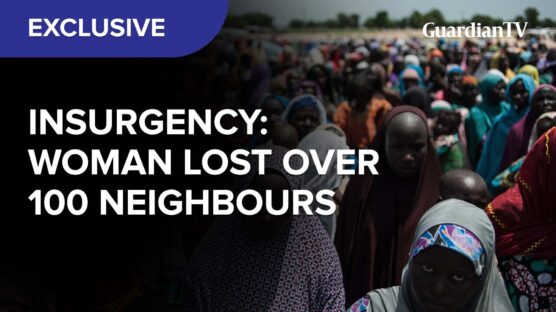

0 Comments
We will review and take appropriate action.